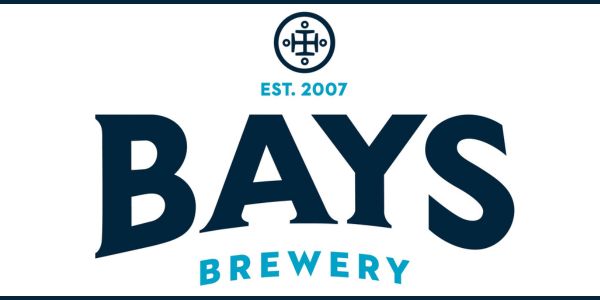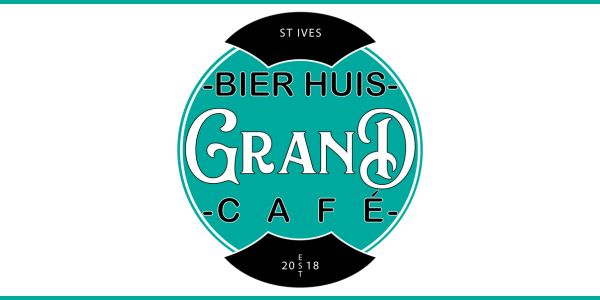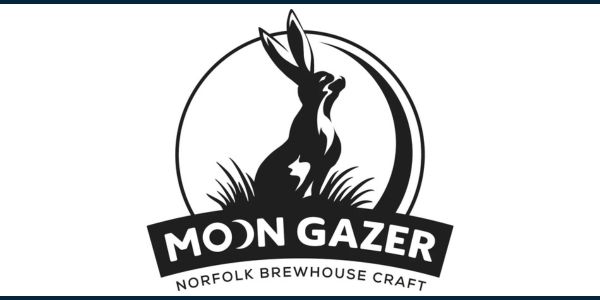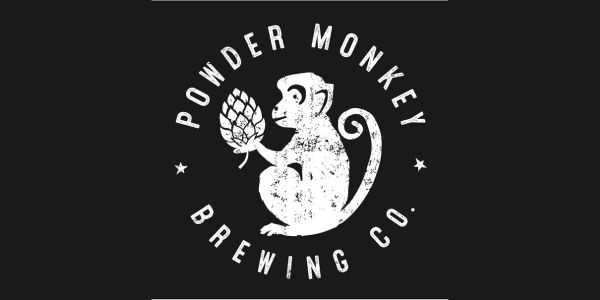Somerset craft cider maker Pulpt has expanded its production thanks to a £35,000 cash injection from the South West Investment Fund via fund manager SWIG Finance.
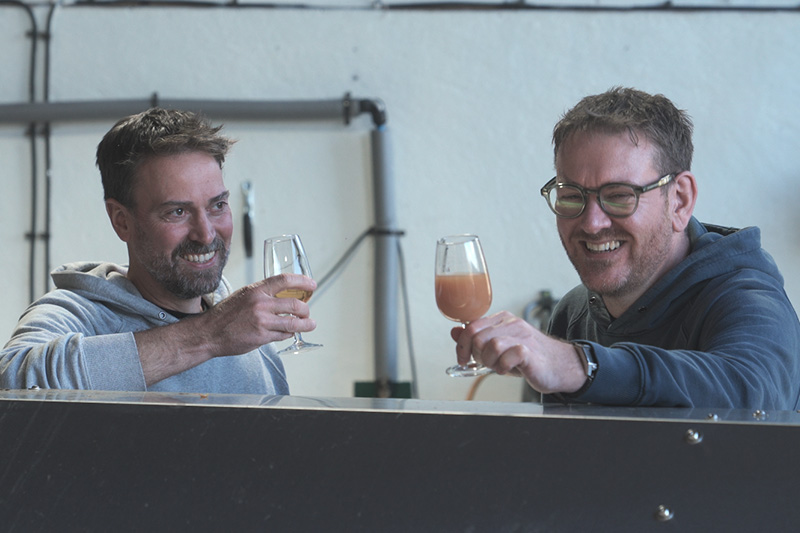
Al Collar and Jim Wakefield, of Pulpt
Pulpt prides itself on using only freshly-pressed apples from across Somerset and Devon to produce a range of cider brands that are appealing to Gen Z customers nationwide. They have earned listings with Ocado and Tesco.
And it’s all made from an unassuming unit near Somerton. “People drive past every day, and they have no idea we’re in here, making fantastic cider that’s sold across the country,” said company co-founder Jim Wakefield.
Jim met business partner Al Collar while working in the corporate world. “We were both a little bit jaded by the behaviours we were seeing,” said Al.
“We thought it would be nice to pool our resources and do something where we felt more connected to the mission of a small organisation, and the values that were naturally more important to us — honesty, fairness, sustainability, respect — from suppliers through to customers.”
While the pair brought different skill sets to the business — Jim from finance, Al from HR — neither had experience of commercial cidermaking. But having identified the market as “a real opportunity to push the category forward”, they took a leap of faith in 2017 and invested in the bespoke small-scale equipment that would enable them to press and ferment local apples.
Seven years later, a loan from the British Business Bank’s South West Investment Fund enabled the pair to invest in new equipment. This allows them to extract more liquid from the same number of apples, and means increased capacity and efficiency.
David Tindall, senior investment manager at British Business Bank, said: “The South West Investment Fund is here to drive sustainable growth and innovation, and in Pulpt we have a craft cider maker that is committed to local sourcing and tapping new markets by putting a modern take on a traditional product.”



